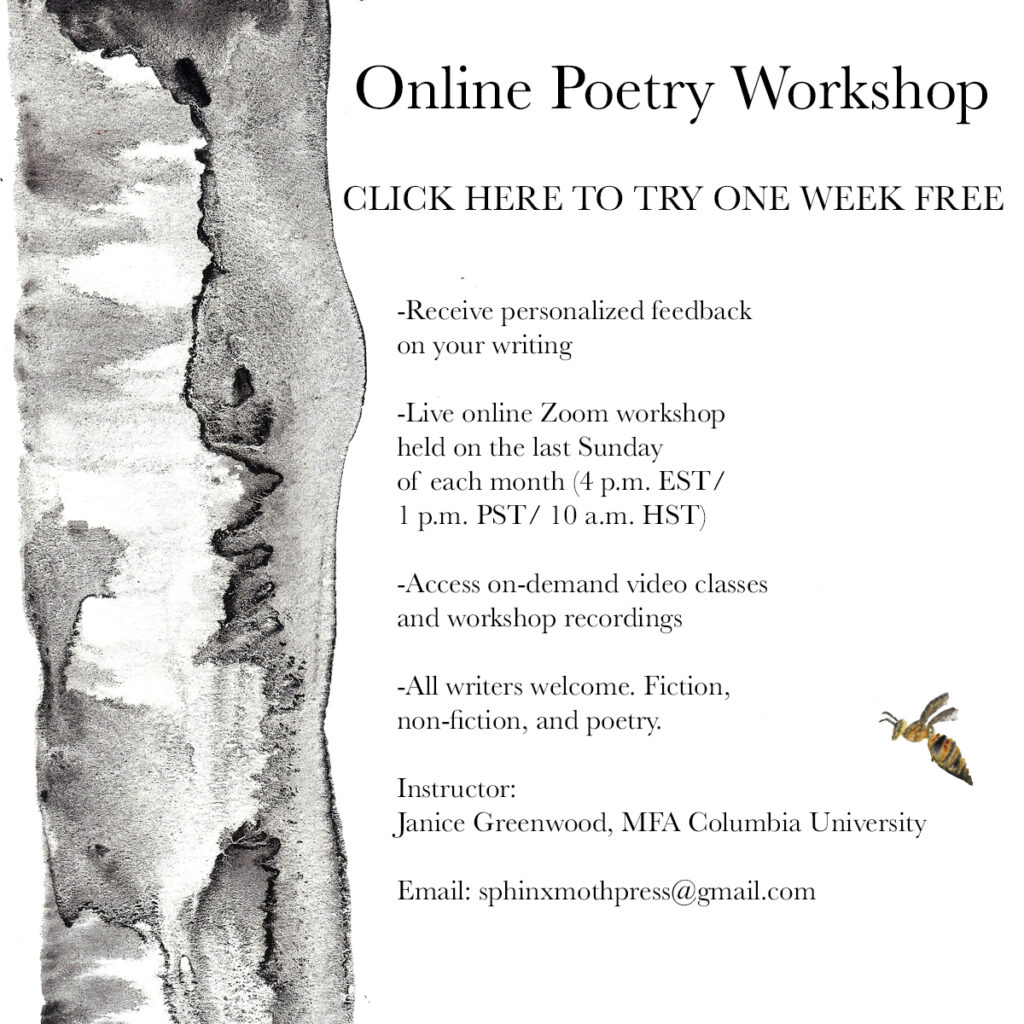Oliver Burkeman’s new and fascinating book, Four Thousand Weeks, Time Management for Mortals, arrived in my life just in time. What intrigued me about Burkeman’s book is that it didn’t promise to offer another productivity hack that would help me finally organize my finite time on this planet (to my detriment, I’d already found a productivity hack that worked, thank you very much…more on that later). The book offered something else—a philosophical inquiry into life’s brevity and an attempt to reframe the whole concept of productivity.
Burkeman writes that the “modern discipline known as time management—like its hipster cousin, productivity—is a depressingly narrow affair, focused on how to crank through as many work tasks as possible, or on devising the perfect morning routine…” And yes, discipline matters, to some extent, but Burkeman argues that modern concepts of time management fail to address the point of all this productivity. “The world is bursting with wonder, and yet it’s the rare productivity guru who seems to have considered the possibility that the ultimate point of all our frenetic doing might be to experience more of that wonder.”
I say the book arrived just in time. Several months ago, I felt like I had finally managed to manage my time. I had just discovered an excellent organization app called Notion, which allowed me to create not one, not two, but as many calendars as I desired (I settled on three: one for my personal commitments, one for work commitments, and one for various other miscellaneous deadlines and tasks). The application also allowed me to create various checklists. Within weeks I had a checklist for everything. There was the checklist of household chores, the checklist of books I planned to read and books I needed to read. There was the checklist of articles I’d been hired to write. There was another checklist of reviews and articles I wanted to write for this blog. And then there were checklists for self-care, checklists for things I wanted to do and things I needed to do for my health and sanity. I created a meditation checklist. The benefit of all these checklists is that they made me incredibly efficient. The problem with all of these checklists is that they made me incredibly efficient.
One Sunday, after I had checked off all my work commitments, books, and self-care rituals, I found myself finally free of all the tasks and check boxes. My partner and I wandered through an avocado forest not far from our condo. Our dog bounded ahead on the trail, her face radiating pure joy. I felt it, too—her joy, her unencumbered freedom. Where was the space on my checklist for hikes in the woods? I could make one for that, too, but when I sat down to make that checklist, I realized that turning our walk into a box to check off took something essential away from the walk itself. Somehow, by turning the walk into a task to accomplish, I made it less meaningful. I decided not to add hiking to any of my checklists.
This is not to say that I didn’t feel a little bit accomplished from checking off boxes. And I had lots of boxes. Boxes for my morning meditation. Boxes for my morning surf. Boxes for articles I needed to write and books I needed to read and floors I needed to sweep.
By transforming everything in my life into a task to accomplish, I’d turned my life into a task. I’d become a taskmaster. Somewhere along the line, I felt like I’d missed the point of all this efficiency.
And so, when Burkeman writes: “The problem isn’t exactly that these techniques and products don’t work. It’s that they do work—in the sense that you’ll get more done… and yet paradoxically, you’ll only feel busier, more anxious, and somehow emptier as a result,” I found myself nodding wildly like a bobble head doll. Ever since I’d found my effective time-management solution, my anxiety had increased significantly.
In the weeks since I managed to manage my time, I felt like I’d become a machine for checking off boxes and getting things done. The problem was that there was no box for joy or happiness or inner peace, and no amount of checking off boxes was going to get me there.
And here, I’ll pause to acknowledge that time management is a problem born of privilege. Most low-wage workers don’t have the freedom to manage their own time or the privilege to fret over the kind of checklists I’m writing about. For the single mother trying to work two jobs, while also raising her children, cooking meals (some, hopefully healthy), and maybe also getting five minutes to take a shower and maybe some sleep in the process, time management is a joke. If we’re going to have a serious conversation about time management we need to have a serious conversation about the fact that most people in America don’t have the time to read a book called Four Thousand Weeks, Time Management for Mortals. In order to have that conversation, we’ll need to talk about making sure people make a living wage with benefits and health care from one job. This means that companies will need to do more, and that we’ll need to ask more of the companies we buy from.
But for those who have the privilege of managing their own time, the burden of managing that time weighs heavy. Those who have the privilege of managing their time are also most likely in a position to make things better for those who cannot. Those who can manage their time should feel an immense responsibility.
I know I do. The immense responsibility often translates into more and more ambitious plans, and more and more checkboxes.
The problem of too much ambition threads itself into everything I do. For example, this blog. I didn’t just want to write a blog where I reviewed books, culture, and art, I wanted it to be successful. I wanted it to be good. I wanted to write the kind of reviews that maybe someday would be worthy of a Pulitzer Prize. And this ridiculous ambition wasn’t just limited to my personal career goals, it also translated into my recreational activities as well. During my morning surf, I didn’t just want to surf waves, I wanted to surf big waves.
Burkeman writes, “we’ve been granted the mental capacities to make almost infinitely ambitious plans, yet practically no time at all to put them into action.”
Ambition can push you further than you otherwise would go in the limited time you have, but it can also leave you chasing the next big thing, always aiming for the next highest goalpost. Somewhere along the path of trying to reach another thousand readers, or surf a wave one foot higher than the last, the pure joy that brought you to the task can slip away.
Ambition can leave you feeling dissatisfied and ungrateful, and this is no way to live.
Burkeman’s book is less about time management as another theory to be implemented than it is a book about the philosophy of time itself as experienced in a body that will someday die. Burkeman explains, “this is the maddening truth about time…the more you struggle to control it, to make it conform to your agenda, the further it slips from your control.” Time management felt a little like learning to meditate. The more I tried to think about not thinking, the more I thought about thinking.
The more we try to manage our time, the faster time slips away, the more anxious we get. We get more done, but we live less.

The more I think about the metaphor between time management and meditation, the more I think I’m onto something. The first noble truth of Buddhism holds that suffering is a fact of life. The second noble truth identifies the cause of suffering, which is desire. Desire may be the root of all suffering, but ambition may be a close cousin. Burkeman argues that we become slaves to productivity because even when we make enough money to survive, we just come up with new things to need and want, and new schemes for how we can work harder to attain these things.
Perhaps Burkeman’s most fascinating point is that as people who are well-off get more done, they apply this same logic to their companies and projects, cutting costs and striving for higher levels of efficiency. “This means greater insecurity for those lower down, who are then obliged to work harder just to get by.”
Burkeman is a wise writer. The argument that follows flows like water. We use time management as an escape from choice. Time management promises to help us fit everything into the checklist and promises to help us shuffle around our responsibilities to ensure that we get everything (or mostly everything) done. Choice is something quite different. Choice requires that we acknowledge that we can’t do it all in our finite time on this planet. Choice requires that we decide to prioritize the right things. Time management is less about getting it all done, and more about our unconscious wish to fill our lives with more meaning.
There is another problem with living life checklist to checklist. Burkeman explains that, “our days are spent trying to ‘get through’ tasks, in order to get them ‘out of the way,’ with the result that we live mentally in the future, waiting for when we’ll finally get around to what really matters.”
Lately, I’ve been having problems with one checklist in particular. I wanted to meditate every day, and I created (yet another) checklist to help me stay on track with the goal. I found that when I sat down to meditate, all I could think about was the box I’d be able to check off when the bell rang. Meditation is antithetical to this kind of future-based thinking. In order to meditate, you need to be able to be here, right now.
As I read Burkeman, I realized something would have to change.
I realized I was going to have to divorce myself from my checklists. I winnowed my calendars down to one: the one with all my deadlines. I spent an afternoon thinking less about checking off boxes and more about my deeper intentions. Instead of setting pomodoro timers, I let my mind wander a bit. I thought about the things that bring me joy and happiness, and thought about how I might weave them more organically into my life.
I may not have gotten as much done, but the important things got done anyway. I took time to hug my partner and play with my dog. I was also happier. I finally meditated, really meditated, and felt fully the weight of all the boxes I’d been trying to check. It felt a whole lot like suffering.
Oliver Burkeman’s Four Thousand Weeks, Time Management for Mortals is a fascinating book, one worth reading. In the spirit it inspired in me, I decided not to check it off my list. I’ll admit I still have a few chapters to savor and read. I don’t think I need to give you a whole summary of the book to convince you it’s worth reading. Either way, I’ve written enough. It’s time to go take my dog for a walk in the sunshine.

About the Writer
Janice Greenwood is a writer, surfer, and poet. She holds an M.F.A. in poetry and creative writing from Columbia University.
